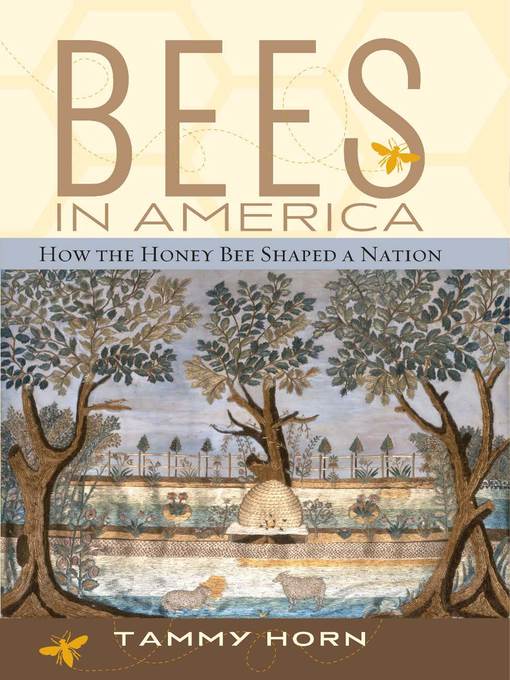
Bees in America
How the Honey Bee Shaped a Nation
کتاب های مرتبط
- اطلاعات
- نقد و بررسی
- دیدگاه کاربران
نقد و بررسی

January 17, 2005
The honeybee isn't native to the U.S., but it's hard to imagine the country without it. Like cattle, another imported species, the honeybee helped transform what European settlers saw as a vast wilderness into a land of milk and honey. First-time author Horn, who learned beekeeping from her grandfather, provides a wealth of worthy material about bees in America, from the use of the hive metaphor to justify colonization in the 1500s and 1600s, to bees' role in pollinating the prairies and orchards that we now take for granted. She discusses the attitudes of native peoples toward the insects; the beekeeping practices of African Americans, women and new immigrants; advances in beekeeping technology; the role of honey and beeswax in the U.S. economy; and the use of bee imagery in the arts. While Horn's affection for her subject is always evident, her efforts to tie beekeeping to every aspect of American life are sometimes strained—as when she writes that "because major social rifts were threatening to tear apart the 'good life,' this country's arts environment used the honey bee to negotiate difficult power struggles between races, between spouses, between political parties, between generations, between legal rulings." Horn's thesis is better served without such overreaching and unconvincing claims. B&w illus.

March 1, 2005
Historian and beekeeper Horn examines the arrival of the honey bee into North America and traces the influence of this valuable insect. When European colonists first settled on the East Coast, bee colonies in traditional straw skeps were considered to be essential equipment. Bees, through swarming, settled the country in advance of white settlers, and the Indians began to refer to them as the white man's fly. Beekeeping in America provided two essentials for colonists--wax for candles and honey for sweetening. Bee culture, beekeepers, and the moral values presented by the life of the bees in the hive all had major influence on how societies viewed themselves. The parallel story of the development of modern beekeeping and the effects of war, pesticides, and urbanization on the keeping of bees serves as a metaphor for the changes in human society. This excellent example of the effects agriculture has on history will be a welcome addition to the farming collection. (Reprinted with permission of Booklist, copyright 2005, American Library Association.)

























دیدگاه کاربران